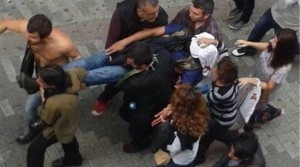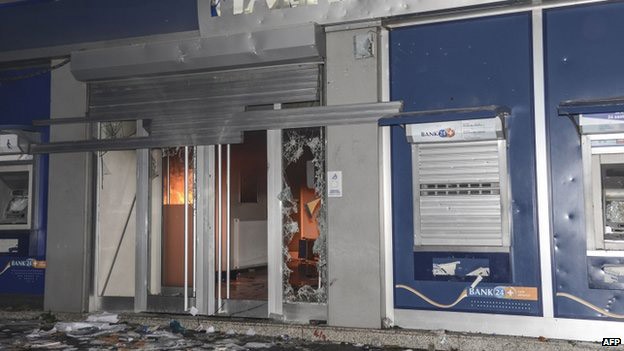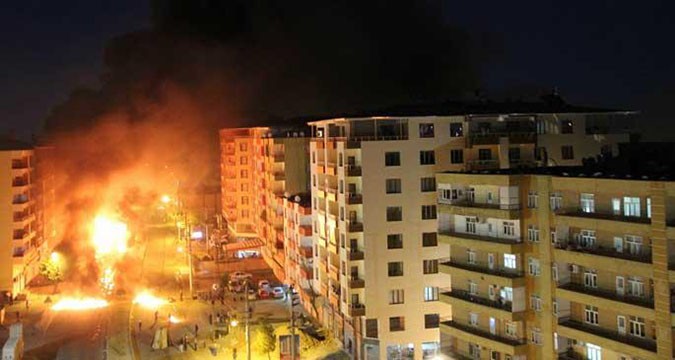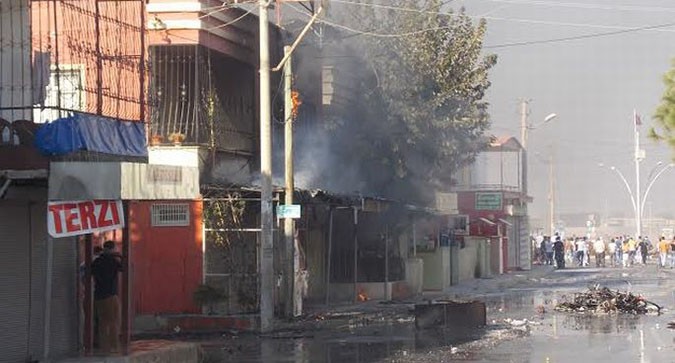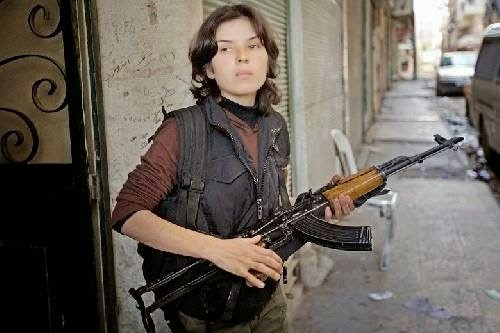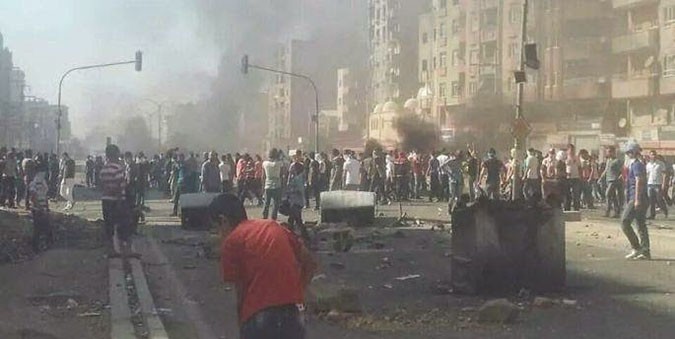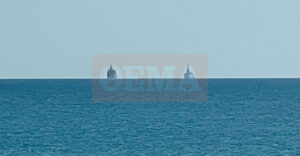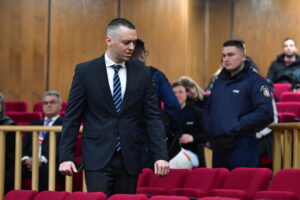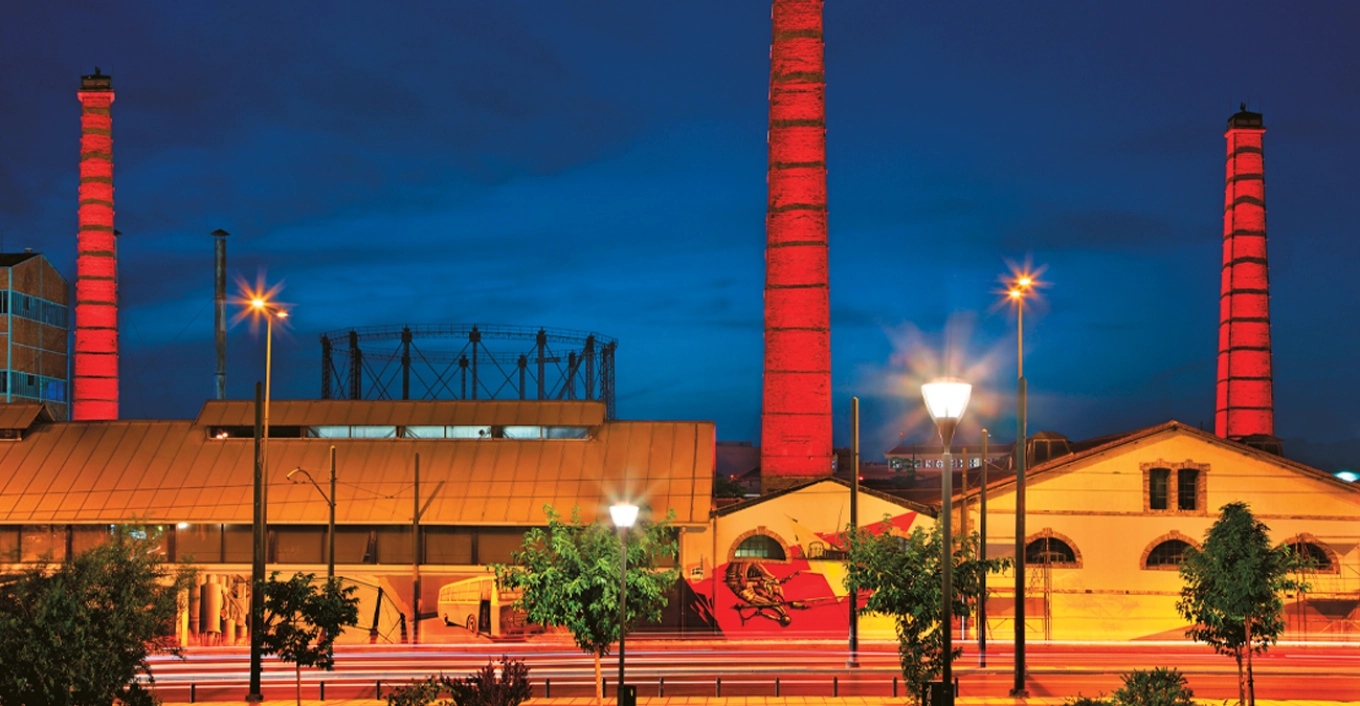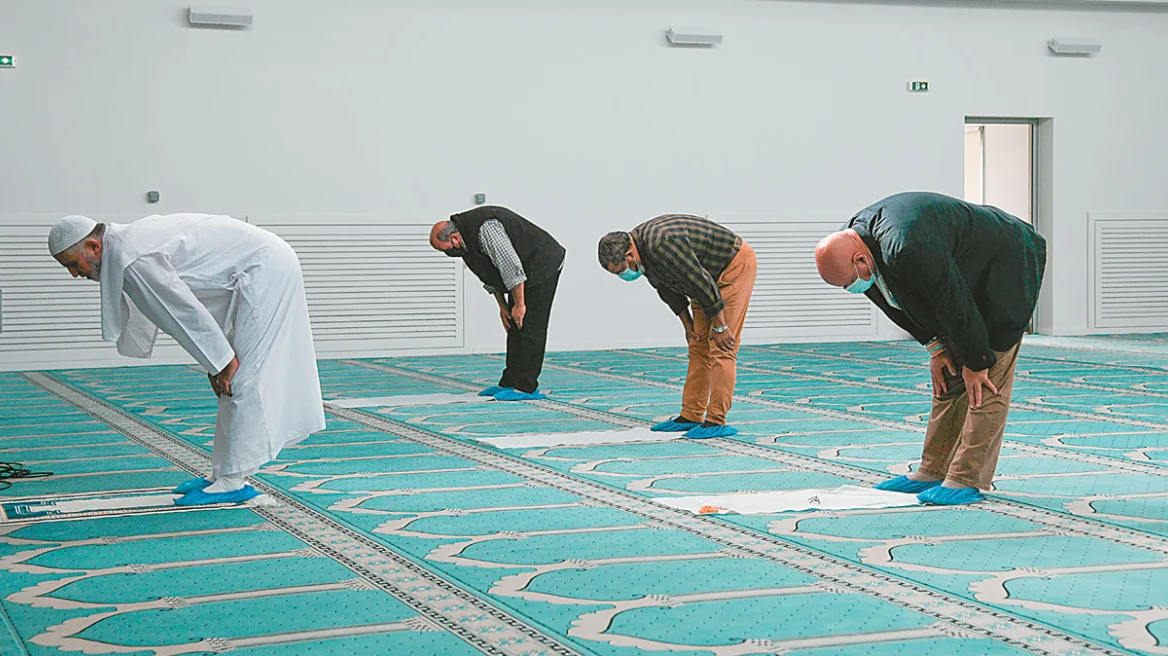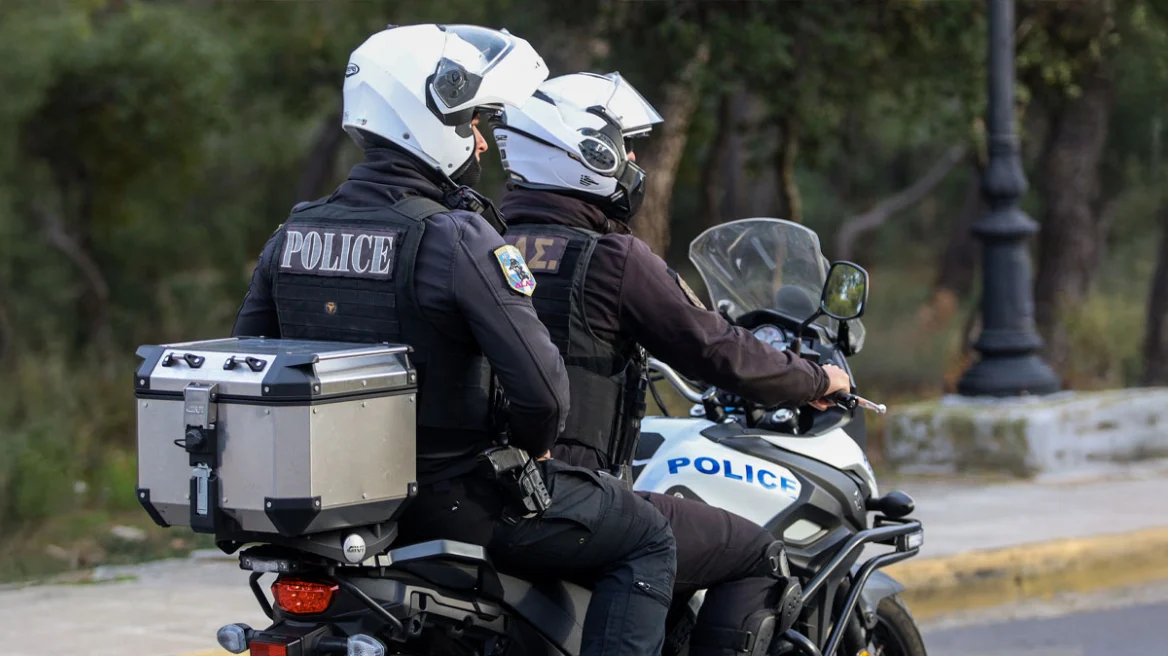At least 14 people were killed in clashes between Kurdish protesters and the Turkish police in south-eastern Turkey. The protests were fuelled by Kurdish unrest at Turkish inaction to defend the town of Kobane in Syria from attack by Islamic State militants.
The Kurdistan Workers Party (PKK), the largest Kurdish party in Turkey, called for its supporters to take to the street.
Police fired tear gas and water to disperse protesters who burnt cars and tyres. Five people were killed in Diyarkbakir, the largest Kurdish city in the southeast. More deaths were reported from Mus, Batman, Siirt and Mardin.
Authorities announced a curfew in the districts of Diyarbakir, Siirt and the town of Van, regions with high Kurdish populations, where thousands of protestors rallied.
Last Wednesday, Turkish President Recep Tayyip Erdogan had promised that Turkey would fight the Islamic State militants. His vow came a day before the Turkish Parliament granted authority to send forces into both Syria and Iraq. He opened parliament’s autumn session with a pledge to “fight effectively” and said this was a priority.
Turkey, however, failed to use its powerful and well-equipped military to stage a strike, preferring instead to watch the plumes of smoke visible from across the Syrian border rather than crush the militants. Turkey has been accused of idly standing by as Islamic State militants tighten their grip on Kobane.
Kurdish groups that reportedly intended to cross the Turkish border and head to Kobane were staved off by the police. Some accounts state that as many as 300 Kurds willing to fight were stopped from doing so. The US ally and country with NATO’s second-largest army is criticised for not jumping into the fray.
Meanwhile, after a three-week siege, more than 160,000 Syrians of mainly Kurdish descent have fled from Kobane to the Turkish border.
Ask me anything
Explore related questions
